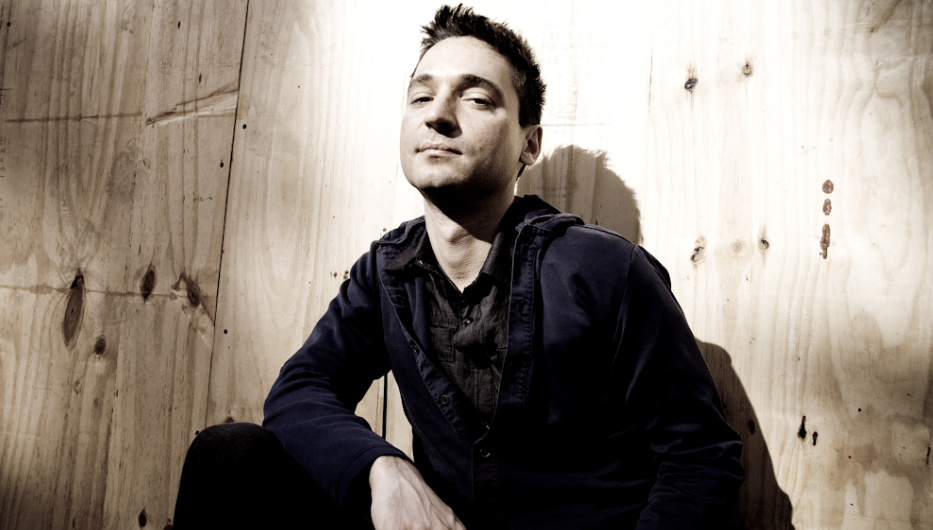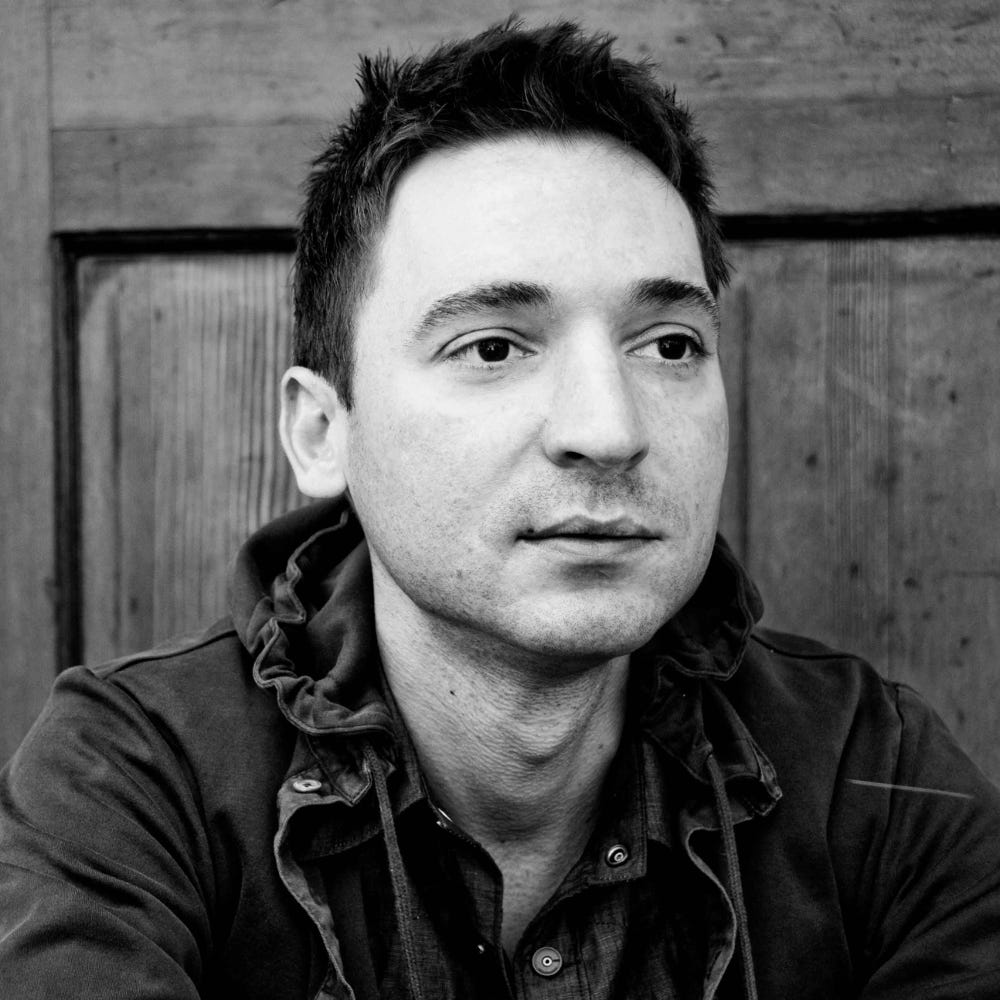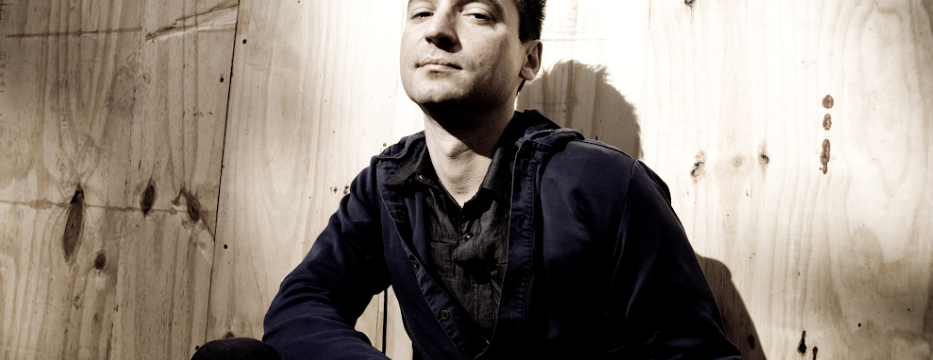Defeating Deepfakes: Author Darren Campo On How We Can Identify Convincingly Real Fake Video, Pictures, and Writing, And How We Can Push Back

Always radiate a good mood! I didn’t understand why I was always getting invited to meeting that others were left out of until I realized people just valued having a happy person in the room.
Most of us are very impressed with the results produced by generative AI like ChatGPT, DALL-E and Midjourney. Their results are indeed very impressive. But all of us will be struggling with a huge problem in the near future. With the ability for AI to create convincingly real images, video, and text, how will we know what is real and what is fake, what is reality and what is not reality? See this NYT article for a recent example. This is not just a problem for the future; it is already a struggle today. Media organizations are struggling with a problem of fake people, people with AI-generated faces and AI-generated text, applying to do interviews. This problem will only get worse as AI gets more advanced. In this interview series, called “Defeating Deepfakes: How We Can Identify Convincingly Real Fake Video, Pictures, and Writing, And How We Can Push Back,” we are talking to thought leaders, business leaders, journalists, editors, and media publishers about how to identify fake text, fake images and fake video, and what all of us can do to push back against disinformation spread by deepfakes. As a part of this series we had the distinct pleasure of interviewing Darren Campo.
Darren Campo is a professor, author and producer. Darren was SVP of Content at Time Warner and Scripps for truTV and Food Network and head of programming at Court TV. He is a professor of media and technology at NYU Stern School of Business and is the author of sci-fi series Alex Detail’s Revolution and Stingers, and co-author the upcoming book, Artificially Intelligent by TVGuestpert Publishing.
Thank you so much for joining us. Before we dive in, our readers would love to ‘get to know you’ a bit better. Can you share with us the “backstory” about how you got started in your career?
I graduated from NYU with no idea what to do. I walked by the CBS headquarters on 52nd Street one day and it hit me that I wanted to work in TV, so I sent CBS a letter (in the mail). I ended up getting a job answering phones in the research department. It was not fun nor was it a great environment, but I learned if I kept my mood up and created exceptional work, people would respond. Within two years I went from receptionist to Manager of Research and New Media for the CBS Station Group.
Can you share the most interesting story that occurred to you in the course of your career?
I once emailed Jeff Bezos out of the blue and asked him if Amazon would give away 10,000 copies of my first book, Alex Detail’s Revolution. I told him I’d give them the books and it would help teen literacy. Amazon was on the phone with my publisher, Jacquie Jordan, within an hour of me sending that email and they made it happen.
It has been said that our mistakes can be our greatest teachers. Can you share a story about the funniest mistake you made when you were first starting? Can you tell us what lesson you learned from that?
I once went on a job interview and accidently emailed the thank you note to my boss. He thought it was a joke, but when he found out I really did meet with another company, he preemptively promoted me. I learned it helps to put yourself on the market to establish how valuable you are.
What are some of the most interesting or exciting projects you are working on now?
I’m working on a number of scripted and unscripted projects. I’m also co-authoring a book on AI and co-teaching a new course at NYU Stern called Media Masters and Tech Titans: Lessons Learned. All of these projects are with different organizations, but they all bring together knowledge that makes me better at each.
For the benefit of our readers, can you share why you are an authority about the topic of Deepfakes?
I have 25 years of experience working at the largest US media corporations and have been researching technology and AI for my books for over 30 years.
Ok, thank you for that. Let’s now shift to the main parts of our interview. Let’s start with a basic set of definitions so that we are all on the same page. Can you help define what a “Deepfake” is? How is it different than a parody or satire?
A deepfake is intentionally designed to look real and to deceive. A Deepfake parody is absurdly fake, which enhances its comedic impact.
Can you help articulate to our readers why Deepfakes should be a serious concern right now, and why we should take measures to identify them?
We imagine global doomsday scenarios caused by Deepfake world-leaders declaring war and spreading misinformation. I think the threat is more personal — this is a whole new toolkit for con artists. A Deepfake of someone you know asking for information, money — this is the greatest threat. The urgency a con artist creates makes it less likely that the target takes the time to be rational and question the deepfake’s authenticity.
Why would a person go to such lengths to create a deepfake? How exactly can malicious actors benefit from making them?
Ultimately a deepfake can be verified as false, so they will tend toward creating an advantage with short-term chaos. A deepfake of a CEO making a market-moving announcement would only need to be believed for a few seconds for someone to make a lot of money.
Can you please share with our readers a few ways to identify fake images?
Deep-fake images are intended to be very current — we’re not talking about fake UFO pictures or dating profiles.
If you see an alarming “news” image, ask yourself, what is the purpose of this image? To embarrass, to threaten, or to manipulate. If so, someone is trying to achieve a knee-jerk emotional response. If it is a real news image, do an image search. Real images will appear in multiple locations. Images that the sender has taken themselves and sent to you have metadate — does the time and location make sense?
In the past, lighting inconsistencies and blurry edges were good ways to check image authenticity, but these telltale signs are less prevalent now in digital fakes.
Similarly, can you please share with our readers a few ways to identify fake audio?
For recorded audio, think about the context. Should there be background noise? Can you hear the person breathing naturally? Try playing the audio back at 1.25x or 1.5x speed. Real people still sound real when they are played faster, but speeding up fakes enhances unnatural speech.
Next, can you please share with our readers a few ways to identify fake text?
Fake text can be difficult to spot, but if it is a con, there will be a sense of urgency to it, an immediate call to action. Always questions anything that suggests you are in imminent financial peril. If the text gives you a link or a phone number to call, never use those.
If the text was generated by an AI, it may read like something that was translated. AI texts almost always starts every sentence with the subject and unnaturally repeat the same pattern.
Finally, can you please share with our readers a few ways to identify fake video?
Number one has to be your own discernment. Does this make sense? It is good training not to react without taking a moment. Deepfakes will eventually be indistinguishable from the real thing. New verification systems and cyber-security software will be absolutely necessary, but still, we have to use our own judgment and be our own first line of defense.
How can the public neutralize the threat posed by deepfakes? Is there anything we can do to push back?
Articles like this are good. The more we talk about Deepfakes, the more people will be on guard and question videos that just don’t seem right. I think we have reached a good awareness of the potential for Deepfakes from public figures, which is why it’s good there are so many celebrity parody Deepfakes on TikTok and YouTube. They show us what Deepfake’s look like and what they can do.
We now need to show people how Deepfakes of trusted friends and family can be used in con schemes.

This is the signature question we ask in most of our interviews. Can you share your “5 Things I Wish Someone Told Me When I First Started” and why? Please share a story or an example for each.
1 . Always radiate a good mood! I didn’t understand why I was always getting invited to meeting that others were left out of until I realized people just valued having a happy person in the room.
2 . The opportunity in front of you is never the one you want, but it is the one to take. Be open to the job at hand, do it with enthusiasm and with impeccable quality. While a receptionist at CBS, a senior executive created a job for me because she was so impressed by the quality of my research charts.
3 . Hold your hand out to everyone you meet and offer to help them. I spend a lot of time talking to students and collogues and introducing them to people I’ve worked with. It works out great for everyone.
4 . Don’t let your attention linger on yourself too long, as it will lead to being overly self-critical and falling prey to comparisons. Instead, try being of service to others and surround yourself with life (people, pets and plants) as it will help keep your attention focused outward.
5 . Always be grateful for life. What did I do to deserve being invited to Earth? Nothing. It is a wonderful gift.
You are a person of enormous influence. If you could start a movement that would bring the most amount of good to the greatest amount of people, what would that be? You never know what your idea can trigger. 🙂
For everyone to spend 30 minutes every day acting enthusiastic. The act will create the mood, and the mood will regenerate your body, your life and everything around you.
How can our readers further follow your work online?
darrencampo.com, LinkedIn and you can find my email at the NYU Faculty Directory. I answer every email.
Thank you so much for the time you spent on this. We greatly appreciate it and wish you continued success!
Defeating Deepfakes: Author Darren Campo On How We Can Identify Convincingly Real Fake Video… was originally published in Authority Magazine on Medium, where people are continuing the conversation by highlighting and responding to this story.
